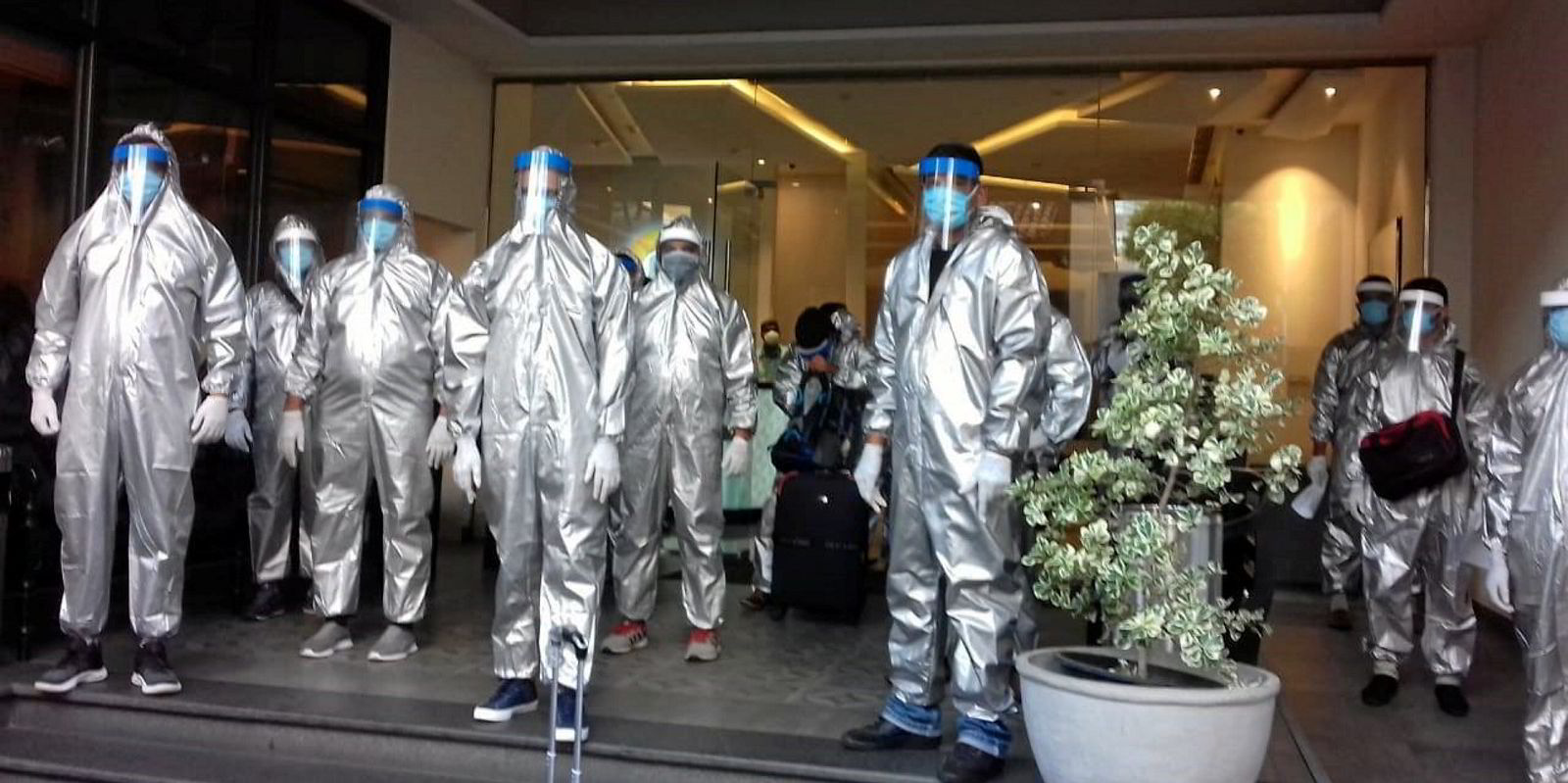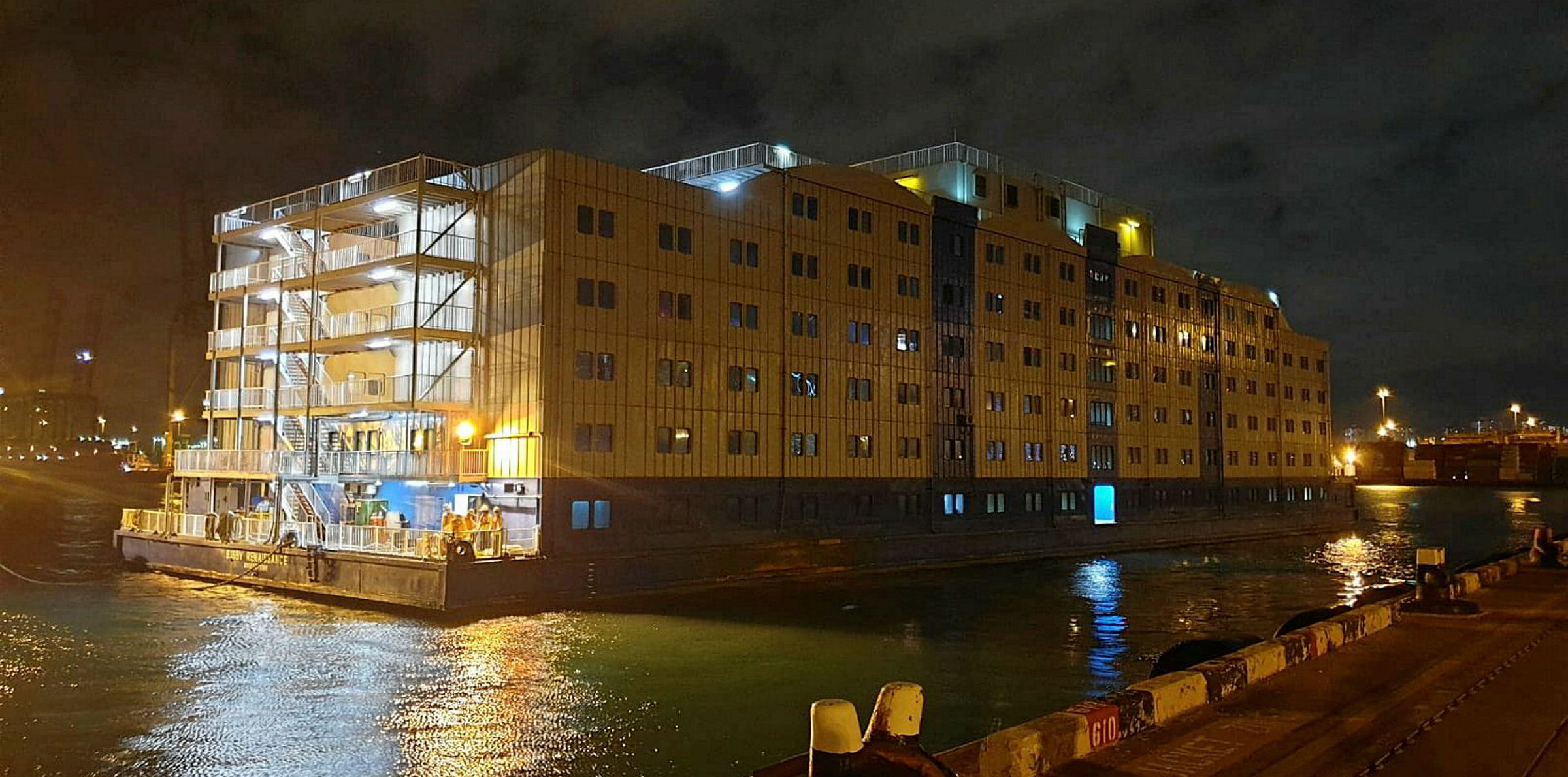Singapore’s shipping, port and logistics industries have emerged as one of the more successful elements of the city-state’s Covid-19 response, a government report has found.
“Throughout the crisis, we maintained our connectivity to the world.
“This was crucial to our supply chain resilience,” according to the white paper, which was based on insights from former civil service head Peter Ho and other agencies.
“The government succeeded in maintaining our supply of essential goods through various measures such as enhancing pre-emptive stockpiling and securing the availability of sea shipping,” the report said.
“Emergency procurement measures were activated, and long-standing networks tapped, to quickly secure pandemic response-related imports and our food supply.
“Singapore was able to do this because of the strong network of government and business connections it had built up over the years,” the report found.
With air cargo capacity restricted — until underused passenger aircraft could be reconfigured for cargo operations — most food, particularly protein and meat supplies, had to be shipped by sea.
“The Ministry of Transport worked hard to keep port and land links open for the flow of goods, despite transmission risks,” the report said.
“Pacific International Lines deployed ships to ports in the region and beyond and continued to ply routes that kept food supplies flowing to Singapore.
“We also worked closely with private sector partners, such as PSA [International], to step up warehousing capacity to house enhanced stockpiles,” it added.
At the height of the pandemic, over 300,000 seafarers were left stranded at sea because virus control measures and travel restrictions prevented crews from being replaced.
‘Tight operational control’
The report said the Maritime & Port Authority of Singapore arranged for crew transfers in bubbles under tight operational control, including via a floating hotel that was set up to house crews in transit.
While maintaining supplies into the country, the report also highlighted Singapore’s decision to continue to allow manufacturers and distribution centres based locally to export goods to global markets.
“Even at the height of uncertainty, with the threat of supply shortages, the government never imposed export controls,” the report said.
“We showed through our actions that Singapore could be relied upon to remain an open hub for international business.”
The report found that Covid-19 challenged Singapore’s planning assumptions for a public health crisis.
“When the outbreak began, it was assumed that the pandemic would last for only a few months,” the report said.
“We also assumed global supply chains, or at least regional supply chains, would remain intact. Reality proved otherwise.
“Early in the crisis, we encountered difficulties securing critical medical supplies like test kits, reagents and PCR machines, face masks and personal protective equipment.
“Some of these disruptions reflected real supply shortages, while others resulted from nationalistic and protectionist reactions to the pandemic, and panic buying and hoarding,” the report added.
Overall, Singapore’s supply chains are said to have “withstood the test of Covid-19”.
“Despite severe challenges, we managed to maintain Singapore’s supply of essential goods and services. We could not have done this without the support of our businesses,” the report said.





